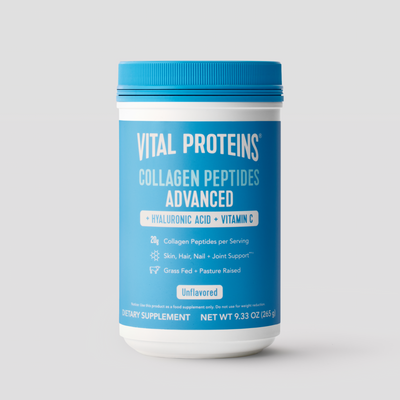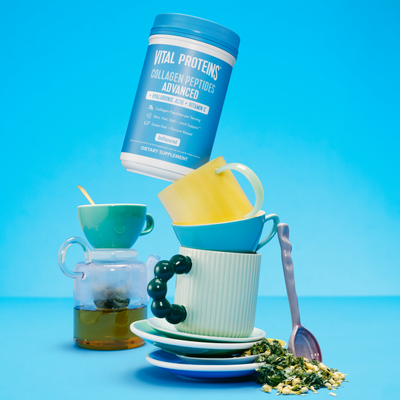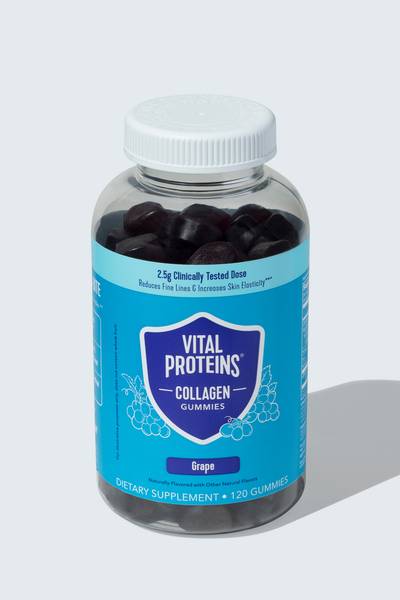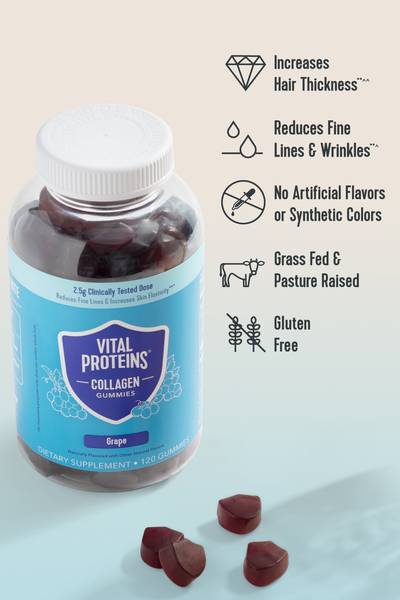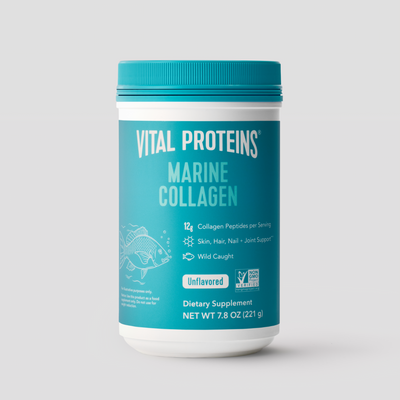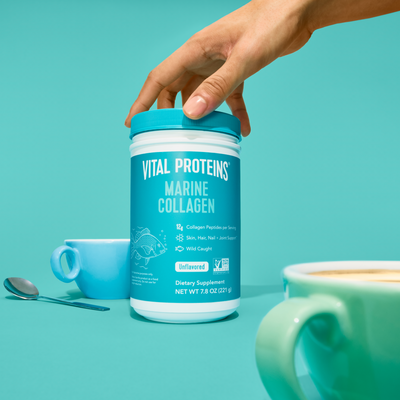If you're trying to manage your gut health, you’ve likely heard of a little bacteria called probiotics. But you might be less familiar with the benefits of their counterpart — prebiotics. So, let us give you the scoop on everything you need to know about prebiotics, aka the "food" probiotics need. Here, we break down how this complementing enzyme works with probiotics and how exactly you can get it in your diet.
Vital Note: This article has been made available for informational and educational purposes only. It is not intended to be a substitute for professional medical advice, diagnosis, or treatment. Always seek the advice of your physician or another qualified health provider with any questions you may have regarding a medical condition. Your licensed healthcare professional can best provide you with the diagnosis and treatment of any medical condition and assist you as well in deciding whether a dietary supplement will be a helpful addition to your regimen.
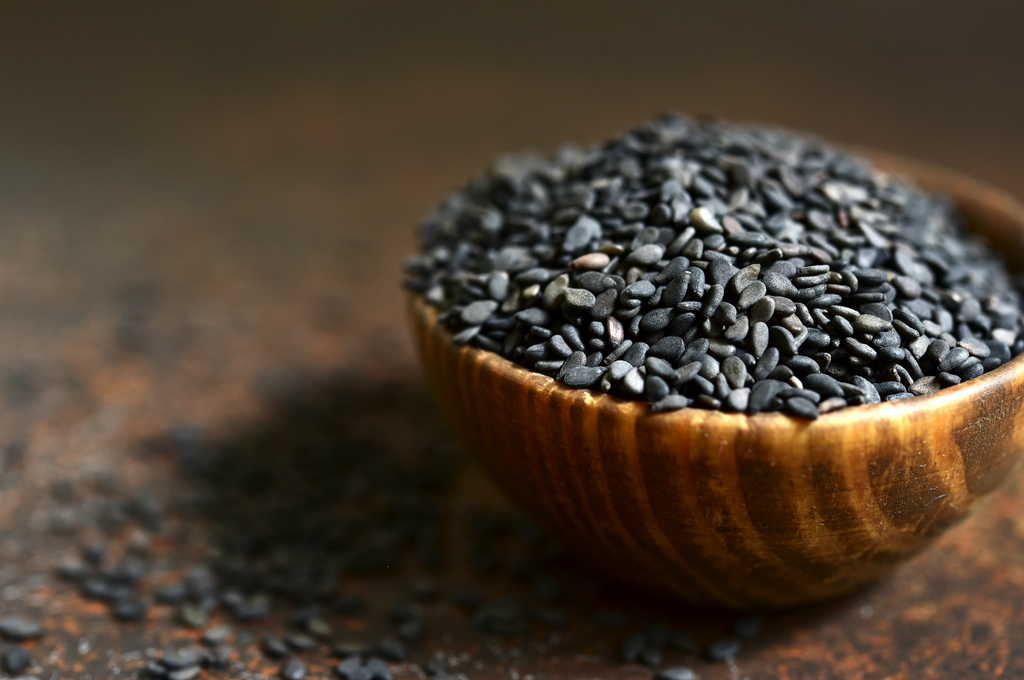
What are prebiotics?
"I use the term 'little sister,'" Suzie Devine, RN MSN and Founder of Binto, a women's reproductive health company, tells Lively. "They are the complement of probiotics."
Basically, they are food probiotics need to stay healthy and are most commonly found in fiber, says Devine. "If you're not eating plant rich, fiber rich foods, you're probably not getting enough prebiotics," she says.
What foods are considered prebiotics?
Any soluble or insoluble fiber has some prebiotics in it. A variety of foods such as sweet potatoes, carrots, flax seed, coconut, wheat bread, berries, bananas and chia seeds contain prebiotics, according to the Mayo Clinic.
Related Articles
What are the benefits of prebiotics?
Most probiotics are found in fiber. Fiber is the part of the plant foods that our bodies cannot break down. Fiber helps to move things through your gut and help you have better bowel movements. Fiber helps keep you full and is a source of vitamins, minerals and antioxidants, among other things, according to the Cleveland Clinic.
"If you work with a nutritionist, wellness coach or RD, they might tell you to eat protein, but you also need to make sure you’re eating enough fiber," Devine says.
Should you take both pre and probiotics?
Yes, and it's not hard to do daily. Many supplements contain both prebiotics and probiotics, you'll just want to be sure to check the label. But, you can get most of what you need through food. "If you're eating a balanced, whole foods diet, you will get both," says Devine.














